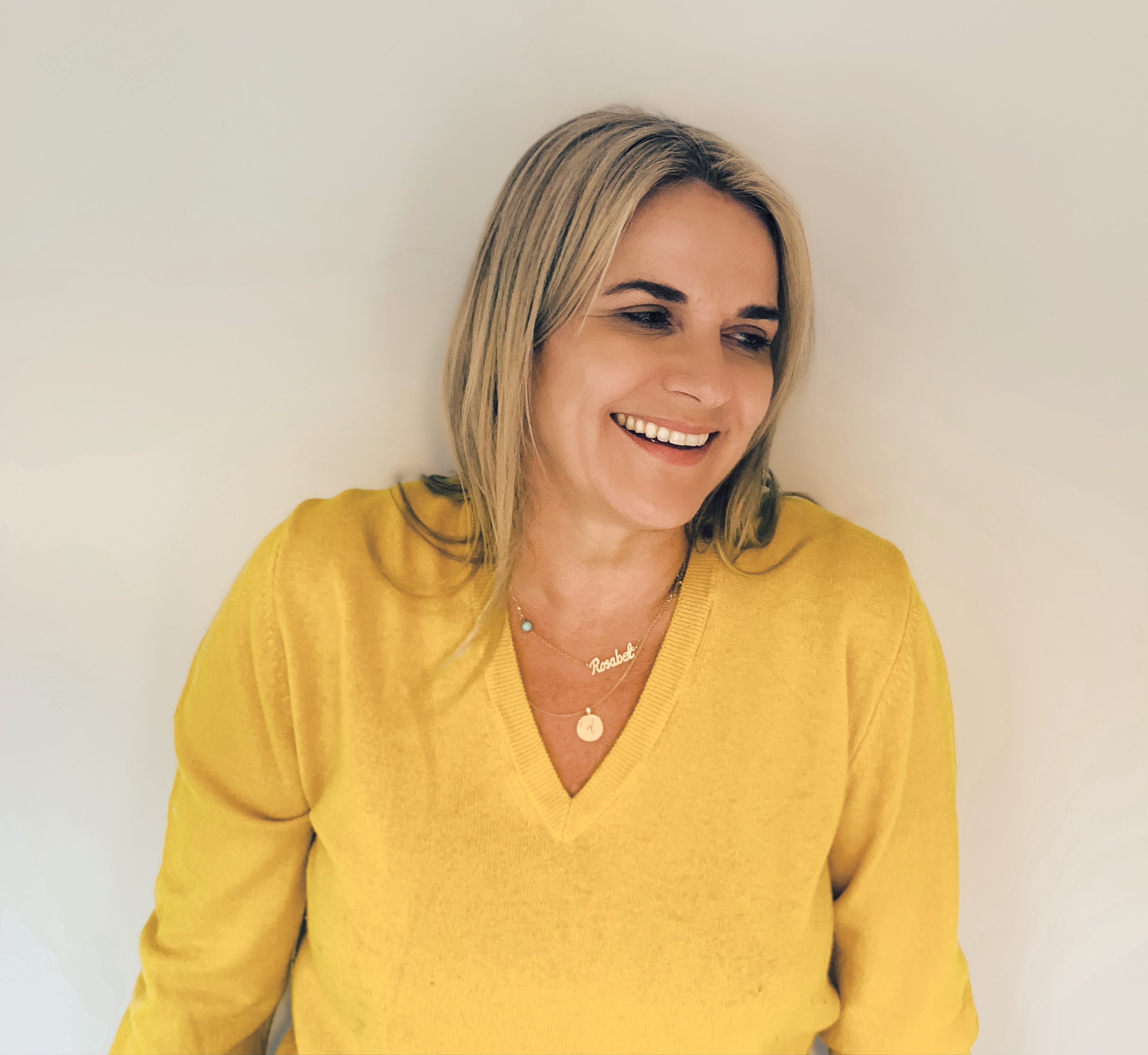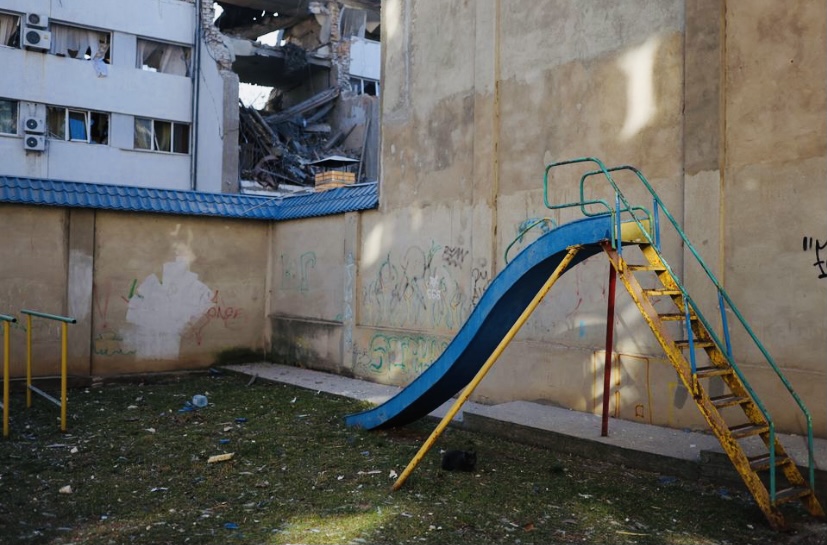
After more than two years of covid- related absurdity, we’d have been forgiven for believing that the world couldn’t get any crazier.
Psychologists and therapists in our statutory organisations, as well as our voluntary groups and private practices, remain inundated with referrals from parents in every corner of the country. These are mums, dads, and other carers, from all walks of life, who for more than two years, have been trying to regulate their kids and somehow shake off the sense of collective trauma that a global pandemic will bring.
Then, just as things appear to be settling a little, on February 24th, Vladimir Putin decides it’s time for Russia to invade Ukraine in an unprovoked act of extreme aggression and violence. While our children may not be directly impacted by this invasion, there is no doubt that they are catching glimpses of war on their television screens and sharing snippets amongst themselves about women and children; their Ukrainian peers, who are being bombed while taking shelter or trying to move to safety.
These snippets can feel really scary and it is crucial that we recognise this and talk to our children about what is happening in the world. We must correct any misinformation and answer their questions with age-appropriate honesty, and with a sense of what they are capable of carrying from an emotional and a developmental perspective.

It is fair to assume that, in the words of Jim Morrison, strange days have tracked us down. During this time of war and a stubborn, global pandemic, it is also fair to assume that many of us are operating from a state of high alert. Essentially, this means that our nervous systems are dysregulated and there is a feeling of unsafety; as we try to juggle our many other regular day-to-day demands. This is exhausting and it leaves its mark. The body keeps the score, they say.
Equally, for our children, their nervous systems are keeping tally. For them, like the rest of us, this is not a dress rehearsal. This is their only shot at childhood, and suffice to say the last couple years haven’t been pretty.
Whether it’s the current war of aggression or the collective trauma we were already enduring, it’s crucial that we don’t turn our backs on difficult conversations with our children. Sometimes it is helpful to include a reassuring take-home message. This might be that we will always do our best to keep them safe. Or that there are many people around the world who are trying to counteract Putin’s evil acts by opening up their countries and their homes to Ukrainian families.
I myself experienced a huge sense of comfort and hope, upon meeting the twelve year old Ukrainian girl who has moved into our next door neighbours’ home, along with her older brother and her Mum. Still, the world feels angry. The world feels unhealed. There is a sense of unease. Of worry. And of trauma.

We cringed as we watched Will Smith in all his unhealed glory at the very prestigious recent Academy Awards. is is not to say that the Chris Rock’s jokes were not below the belt, or that Will and his wife, Jada, did not have reason to feel triggered or offended. However, a person who is healed, or who has a regulated nervous system, does not react in that manner. Overt physical aggression towards another human being can never be justified. Even when served as an entrée to a teary-eyed Oscar winning speech outlining how love makes us do crazy things.
It is surely a crazy love that makes us do that Will! But in the words of your wife Jada, “This is a season for healing and I’m here for it.”
A message much more beautifully demonstrated in the eyes of my new next door neighbour.
Living in Galway, Dr. McClean is mum to Ruben, Rosabel and August Rose. She is co-founder of Rosabel’s Rooms, a child loss project in partnership with the Irish Hospice Foundation; hospicefoundation.ie and runs a private practice in Galway where she works therapeutically with individuals and couples. For enquiries: counsellingpsychology@galwayclinic.com




